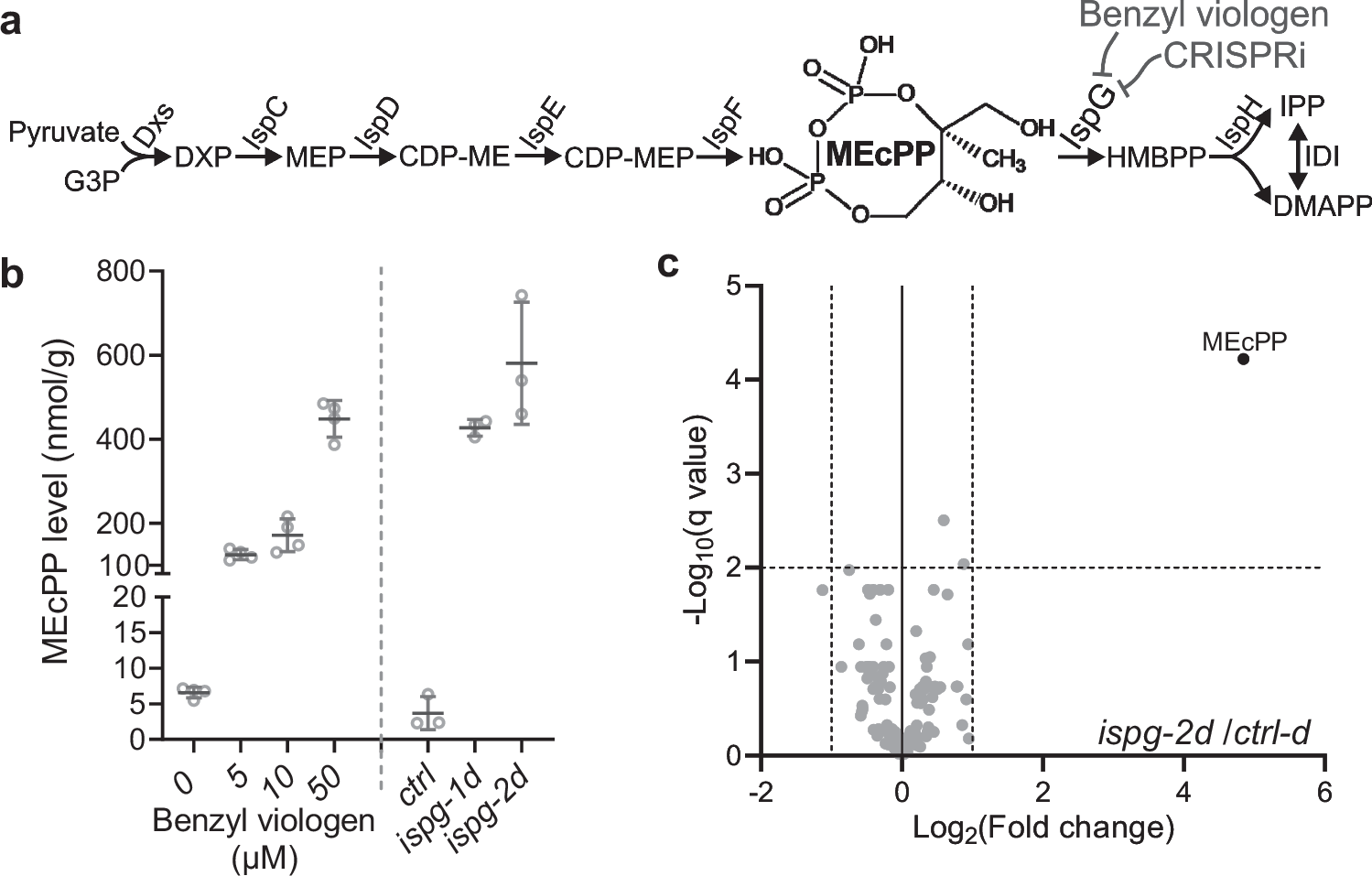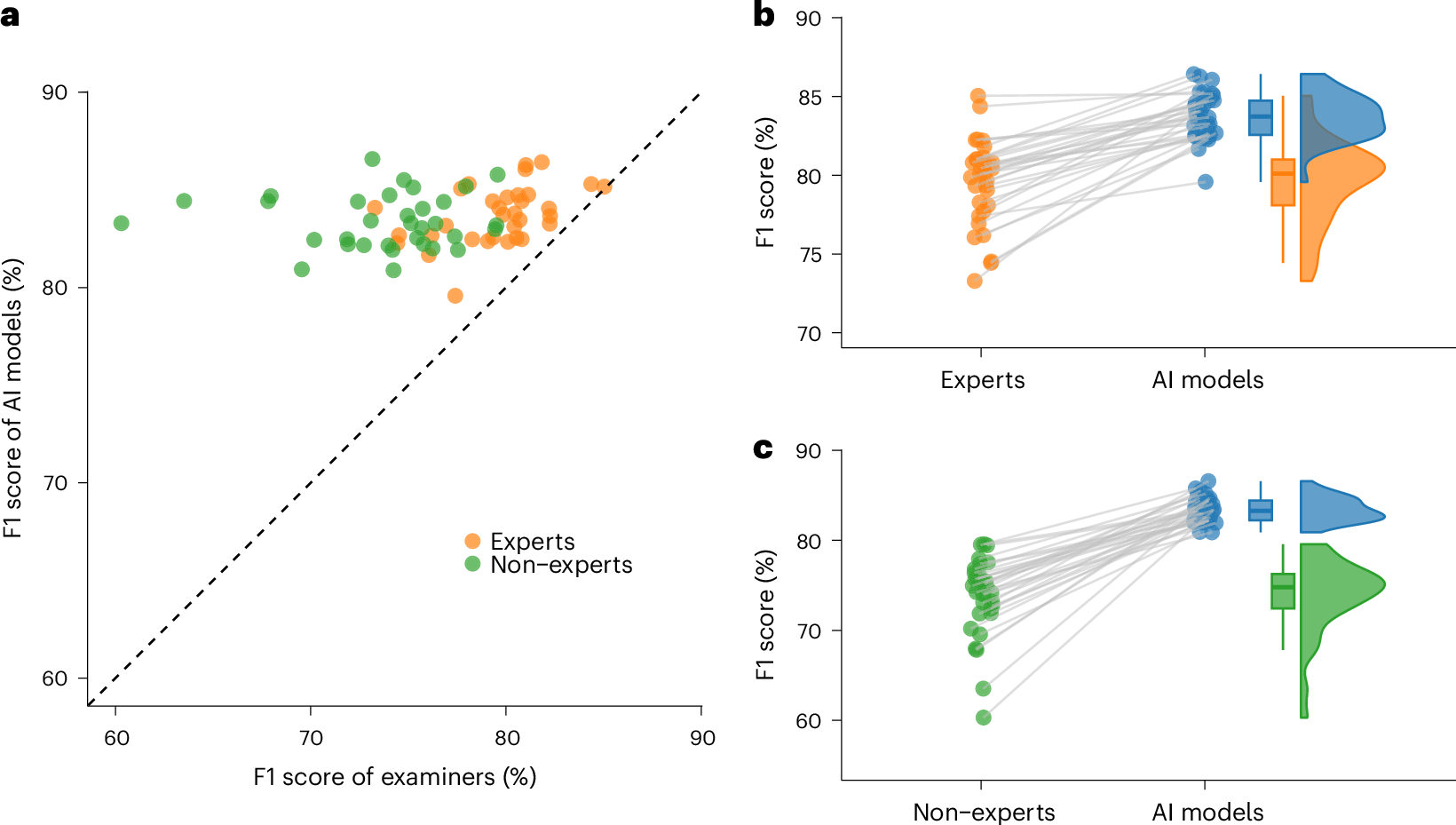2025-01-10 カリフォルニア大学リバーサイド校 (UCR)
<関連情報>
- https://news.ucr.edu/articles/2025/01/10/dangerous-bacterial-biofilms-have-natural-enemy
- https://www.nature.com/articles/s41467-024-54501-w
進化的に保存された代謝産物が大腸菌K-12のバイオフィルム形成を阻害する An evolutionarily conserved metabolite inhibits biofilm formation in Escherichia coli K-12
Jingzhe Guo,Wilhelmina T Van De Ven,Aleksandra Skirycz,Venkatesh P. Thirumalaikumar,Liping Zeng,Quanqing Zhang,Gerd Ulrich Balcke,Alain Tissier & Katayoon Dehesh
Nature Communications Published:21 November 2024
DOI:https://doi.org/10.1038/s41467-024-54501-w

Abstract
Methylerythritol cyclodiphosphate (MEcPP) is an intermediate in the biosynthesis of isoprenoids in plant plastids and in bacteria, and acts as a stress signal in plants. Here, we show that MEcPP regulates biofilm formation in Escherichia coli K-12 MG1655. Increased MEcPP levels, triggered by genetic manipulation or oxidative stress, inhibit biofilm development and production of fimbriae. Deletion of fimE, encoding a protein known to downregulate production of adhesive fimbriae, restores biofilm formation in cells with elevated MEcPP levels. Limited proteolysis-coupled mass spectrometry (LiP-MS) reveals that MEcPP interacts with the global regulatory protein H-NS, which is known to repress transcription of fimE. MEcPP prevents the binding of H-NS to the fimE promoter. Therefore, our results indicate that MEcPP can regulate biofilm formation by modulating H-NS activity and thus reducing fimbriae production. Further research is needed to test whether MEcPP plays similar regulatory roles in other bacteria.

